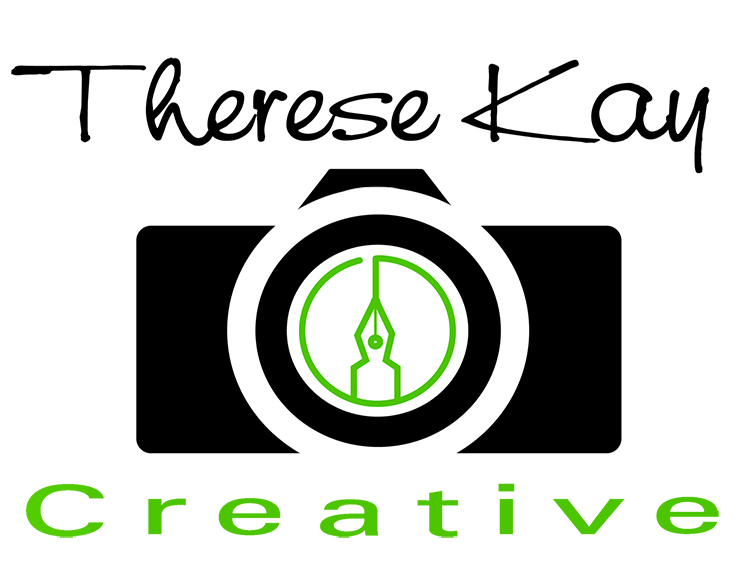Writing Can Be So… Taxing!
 Taxes for creative types can be, well, taxing! So, here it is, June. Why am I writing a post about taxes now? Well, in order to run your self-employed business efficiently and well, it is important to keep accurate records throughout the year.
Taxes for creative types can be, well, taxing! So, here it is, June. Why am I writing a post about taxes now? Well, in order to run your self-employed business efficiently and well, it is important to keep accurate records throughout the year.
(NOTE: For those photographers out there who follow my blog and happen to be reading this, some of this information is applicable to you as well!)
Disclaimer!
Now, I have to give the usual disclaimer that I know as much about taxes as the average person, perhaps a little less. I am not an accountant, a tax professional, nor do I play one on TV or as a character in a novel. So, what I’m going to share, is what I’ve learned from my own research. I will also provide a few links for you to read up a bit more.
You Are Self-Employed
First, it’s important to understand that as a writer, we are generally of the self-employed type. As such, we pay higher taxes than your average joe. When you work for an employer, the employer pays your Social Security and Medicare. Otherwise, you get to pay it! Oh, joy! This means that you are taxed at approximately 30%. Ouch.
So, what is a self-employed writer to do? Reduce the amount of tax you owe, of course! Yes, you want to avoid taxes. Notice that I did not say evade taxes. The way to reduce your taxes is to lower your net profit. And how do you do that? With deductions!
Following is a general list of things which appear to be deductible. For all of these, you want to keep accurate receipts and records and perhaps work with an accountant if you are unsure of any changes to tax laws.
Potential Deductions
Note the word “potential”. It all depends on your particular situation. Remember to do your own research and to consult with an accountant experienced with writers or other artist/performer/freelance types.
-
Home office (must be a dedicated space)
-
Office supplies & property (computer, printer, phone, filing cabinet, paper clips…)
-
Depreciation of property (computer, printer, etc.)
-
Business related portions of your internet and phone bills
-
travel and associated expenses (meals, hotel, etc.)
-
Books for research or in your genre
-
Cultural events, museum admissions, etc. used for research (If you are writing about Chinese New Years, you should probably attend a few events…)
-
Health insurance
-
Subscriptions to writing journals or journals/magazines for which you intend to write
-
Costs related to your website (hosting, domain name, etc.)
-
Outsourcing (did you hire an editor? a writing coach? an agent? a graphic designer for your business cards or web site?)
-
Local travel expenses (library, bookstore, shopping for office supplies)
-
Courses, classes, seminars, membership dues, conferences….(related to your business, of course!)
-
Promotional and marketing expenses
-
Legal and professional fees
-
Networking event expenses
-
Fees and royalties paid for fonts, images, music, and other content
-
Contest entry fees
-
Copyright registration fees
Other Important Tips
-
Keep good records and annotate any receipts.
-
Use a separate checking account for writing-related expenses. (i.e. keep your personal and business finances separate)
-
Keep a mileage log.
-
Obtain any required licenses and insurance.
-
Give your business a name and come up with a business plan.
-
If you work with an accountant, be sure s/he has experience with writers, artists, or performers. Get referrals!
-
Know whether your writing is a “hobby” or a “business” (discuss this with your accountant!)
-
Remember that tax laws can change every year!
-
Remember that your deductions are not a 1:1 ratio, so don’t go paying for stuff just for the deduction, but be sure to deduct everything that you can that was necessary for you to do your work efficiently and well.
